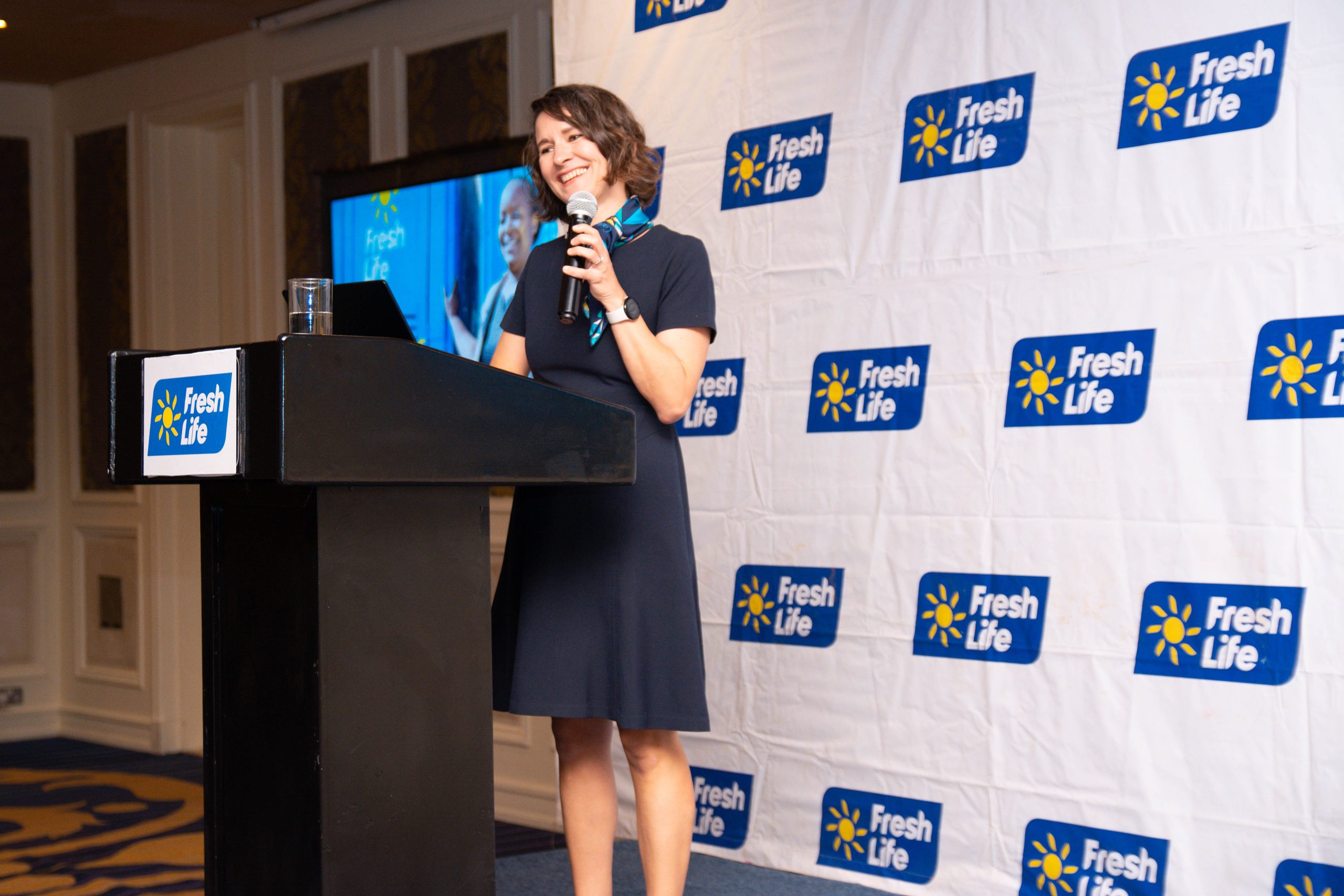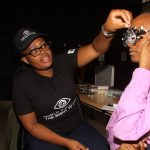Lindsay Stradey, Co-Founder and Executive Director of Fresh Life during the launch Results-Based Financing initiative.
Fresh Life, a leading provider of urban sanitation solutions, has launched a new Results-Based Financing (RBF) mechanism to improve sanitation access in Nairobi’s informal settlements. With over 60% of the city’s population living in areas underserved by sewer systems, this initiative aims to enhance sanitation services where they are needed most.
Kenya’s Water and Sanitation Sector has faced persistent challenges, including outdated infrastructure, limited funding, and poor maintenance. The National Water and Sanitation Investment Plan (NAWASIP 2023-2030) estimates that the sector requires Kshs. 1 trillion to achieve universal coverage and meet Sustainable Development Goal 6 by 2030. However, there is a staggering financing gap of Kshs. 652 billion, with urban sanitation alone needing Kshs. 365 billion.
To bridge this gap, Fresh Life’s RBF approach ties financial support directly to the achievement of measurable outcomes. This innovative financing model is expected to attract private investments by linking funding to tangible, impactful results, thus boosting investor confidence and incentivizing service providers.
Fresh Life has built a strong reputation for its urban non-sewered sanitation services across rapidly growing cities. The organization operates one of the largest networks of container-based sanitation systems in Nairobi, Kisumu, Eldoret, and Lusaka, Zambia, serving over 260,000 people daily. Despite these efforts, safe sanitation coverage in Kenya is estimated at only 29%, according to the WASREB Impact Report, Issue No. 16. With just seven years left to meet the 2030 Sustainable Development Goals, Kenya has a challenging path ahead to reach the target of 40% sewer and 60% non-sewered coverage.
The RBF mechanism sets a precedent for future government partnerships, aiming to scale and sustain these essential services. Key metrics for Fresh Life’s RBF model include the number of container-based toilets added to the network, the total operational toilets, and the volume of pit latrine waste processed at Fresh Life’s Mtaa Fresh stations. These metrics ensure that the service is not only expanded but also sustainably managed, benefiting low-income communities.
The RBF initiative is backed by funding from Grand Challenges Canada (GCC) and the Osprey Foundation, underscoring the importance of international support in tackling Kenya’s sanitation crisis.
During the launch event, Lindsay Stradey, Co-Founder and Executive Director of Fresh Life, expressed optimism about the future. “The launch of the Results-Based Financing initiative marks a new era for the urban sanitation sector in Kenya. By focusing on results, we can ensure that every shilling spent translates into real, measurable improvements in public health and quality of life,” she said.
Festus Mutuku, Superintendent Senior Water Engineering at the Ministry of Water, Sanitation, and Irrigation, emphasized the government’s commitment to creating a supportive environment for private sector involvement. “The Ministry has been working to strengthen coordination at both national and county levels, as well as with non-state actors, to enhance urban sanitation,” he noted.
This initiative represents a significant step forward in addressing the urban sanitation challenges in Kenya, bringing the country closer to achieving universal sanitation coverage by 2030.










